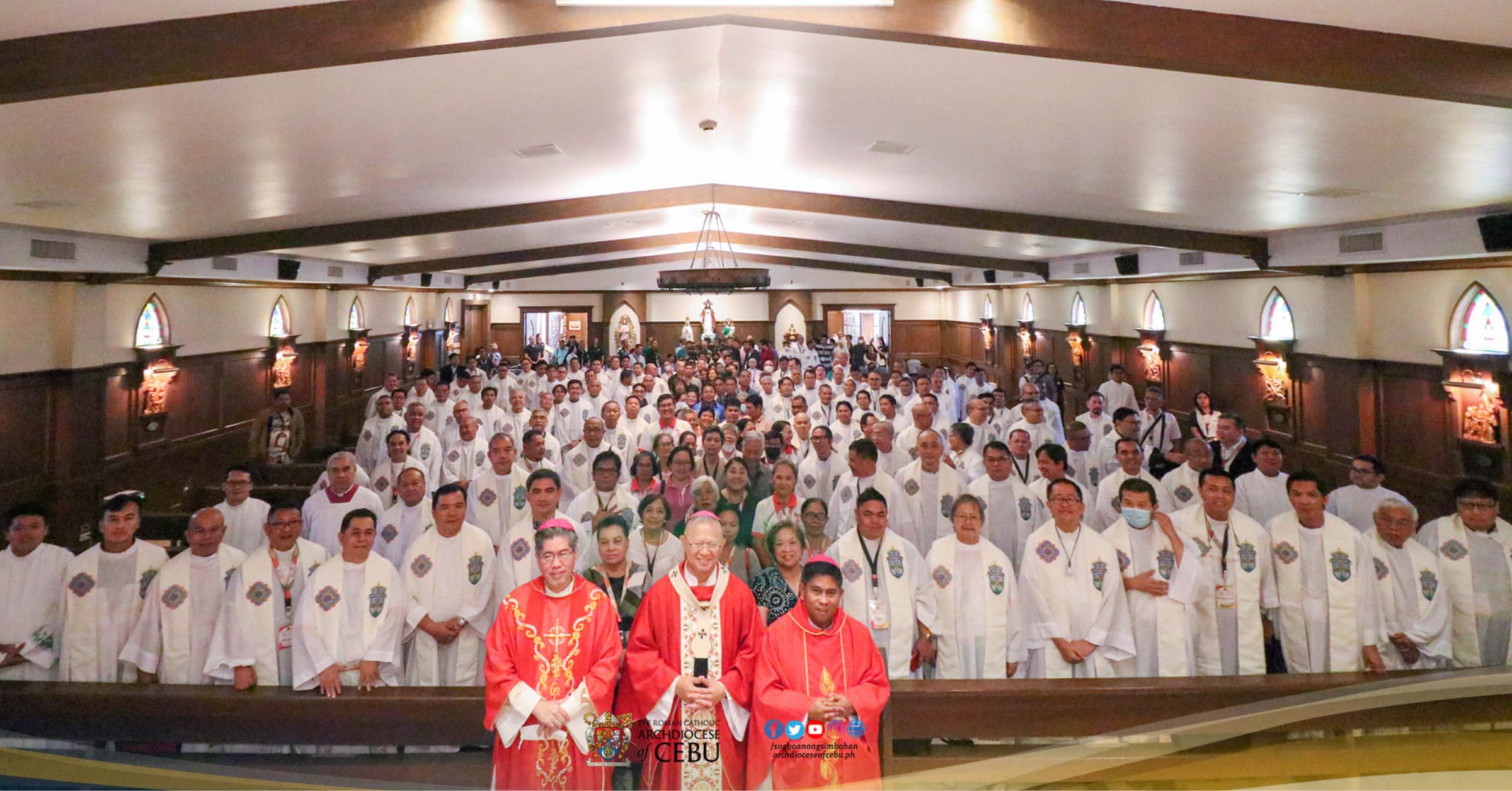“The Church’s inherent nature is to give rise to local churches,” said the guidelines for 13th General Pastoral Assembly (GPA) of the Archdiocese of Cebu. The GPA opened yesterday and will run until November 16.
“St Paul’s mission yielded communities that evolved into local churches. The Philippines, once part of a Mexican diocese, emerged as an independent local church and eventually sprouted over 80 local churches or dioceses (including archdioceses).”
The guidelines for members of the select group attending the GPA were like GPS systems that don’t “prescribe a rigid route but functions more like a navigational tool indicating our current location and presenting potential paths toward our destination.”
That destination is the “establishment of new ecclesiastical circumscriptions or dioceses.”
But ultimately, the document said, the goal is the salvation of souls.

Not a democracy
The Church does not fit into any traditional political systems such as democracy, monarchy, dictatorship, communism, the guidelines said.
“While we’re accustomed to democracy, the Church operates differently. In democracy, power emanates from the people who elect leaders. However, in the Church, it was Jesus who chose his apostles and appointed Peter as their leader. The authority doesn’t come from the people but from Jesus himself.”
“In democracy, the societal good is the ultimate aim; in the Church, it’s the salvation of souls, transcending political concerns. Hence, the Church is hierarchical, drawing wisdom from elders.”
“Yet, the Church is also synodal. We Journey together, listening to each other and to the Holy Spirit. While the process is synodal, the decision remains hierarchical.”
The document said that the Holy See makes decisions that are “informed by synodal discernment, a result of our collective study.”
Arrive at consensus
Then the document gets into the core of its publication: “So, what precisely do we anticipate to achieve through this General Pastoral Assembly?”
“Our objective is to arrive at a consensus through a collective process of discernment When we refer to consensus, we mean a shared agreement or acceptance, something that is commonly embraced by the assembly.”
“Given that the assembly is inherently consultative, not deliberative, the consensus we reach will manifest as proposals rather than resolutions. These proposals will then be forwarded to the Holy See for the ultimate deliberation.”
Then it closes with the process on how they plan to go about arriving at a consensus.
There’s one interesting point that the document points out to differentiate its process from parliamentary democracy.
“A show of hands may be called upon to confirm the group’s consent though it’s crucial to note that this is not a voting mechanism to choose one option over another. In the event that consensus cannot be reached on alternative choices these alternatives must be elevated to a higher authority.”
(Are you part of the General Pastoral Assembly? Unfortunately, members of the media are not among those “summoned.” If you can share documents or recordings, please send these via email to [email protected]. I will keep your identity confidential. If you want to contact me through other channels, you can do so on this page.)
Max is a journalist and blogger based in Cebu. He has written and edited for such publications as The Freeman, The Independent Post, Today, Sun.Star Cebu, Cebu Daily News, Philstar Life, and Rappler.
He is also a mobile app and web developer and co-founded InnoPub Media with his wife Marlen.

Leave a Reply